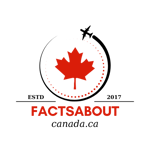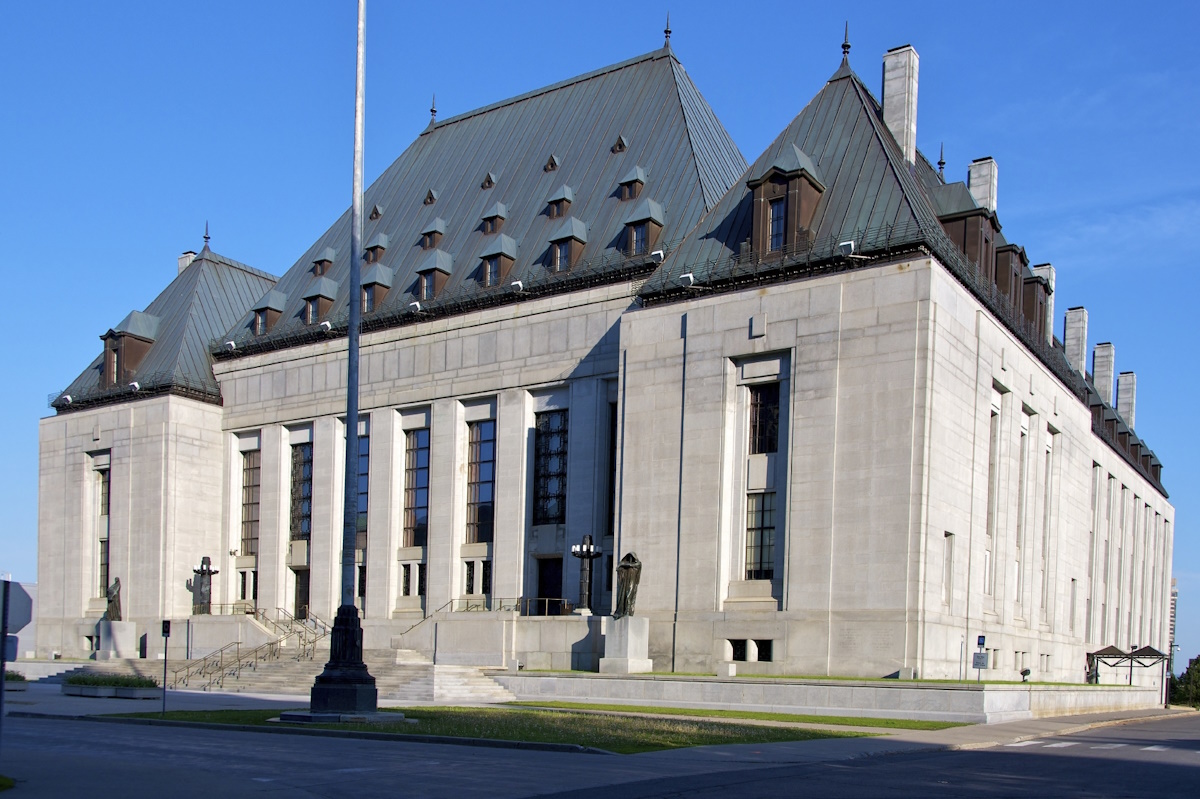The Supreme Court of Canada: For Justice & Constitution
The Supreme Court of Canada, situated nearby Ottawa’s Parliament Hill, stands as the highest court in the Canadian judicial system. It’s the ultimate interpreter of the law, ensuring its fair and consistent application across the nation.
Key Facts about the Supreme Court of Canada
- Established: April 1875, under the Supreme Court Act.
- Location: Located at 465 Wellington Street in Ottawa, Ontario. The neoclassical building reflects the importance and grandeur of the Court.
- Composition: The Court comprises nine justices, appointed by the Governor General on the recommendation of the Prime Minister.
- Role:
- Highest Court of Appeal: Hears appeals from decisions made by federal and provincial courts of appeal.
- Constitutional Interpreter: The sole authority to determine the meaning and application of the Constitution of Canada, including the Canadian Charter of Rights and Freedoms.
- Guardian of Justice: Ensures all laws comply with the Constitution and protects fundamental rights.
Landmark Cases
The Supreme Court has delivered many landmark judgments that have shaped Canadian society:
- Same-Sex Marriage (2005): Legalized same-sex marriage across Canada.
- Aboriginal Rights (1990s): Recognized and affirmed the rights of Indigenous peoples in Canada.
- Freedom of Expression (various): Defined the boundaries of free speech within the Charter.
The Justices
- Selection Process: Justices are chosen based on their legal experience, reputation for impartiality, and representation of Canada’s diverse demographics.
- Independence: Justices enjoy security of tenure, meaning they can only be removed for cause. This ensures their independence from political influence.
- Collegiality: Decisions are reached through deliberation and voting by all nine justices.
Visiting the Supreme Court
- Online Resources: The Court’s website provides extensive information about its decisions, judges, and ongoing cases (https://www.scc-csc.ca/home-accueil/index-eng.aspx).
Conclusion
The Supreme Court of Canada plays a vital role in safeguarding justice, interpreting the Constitution, and upholding the rule of law. It’s a cornerstone of Canada’s democracy.
If you liked this article, kindly share it with others on your social media pages and also drop us a comment below.

